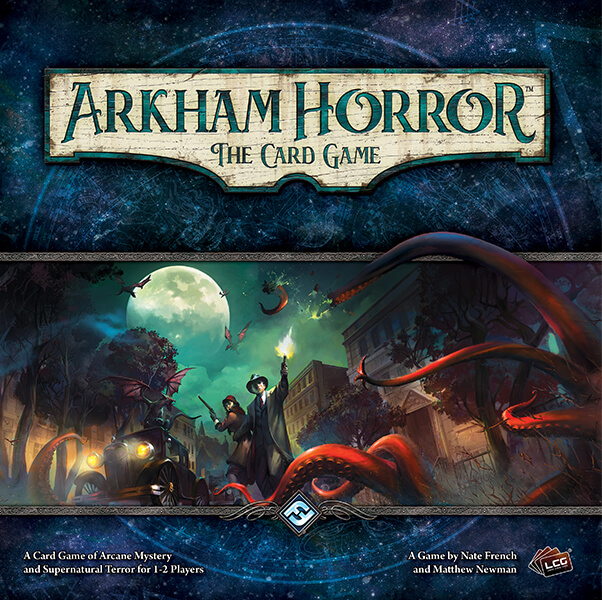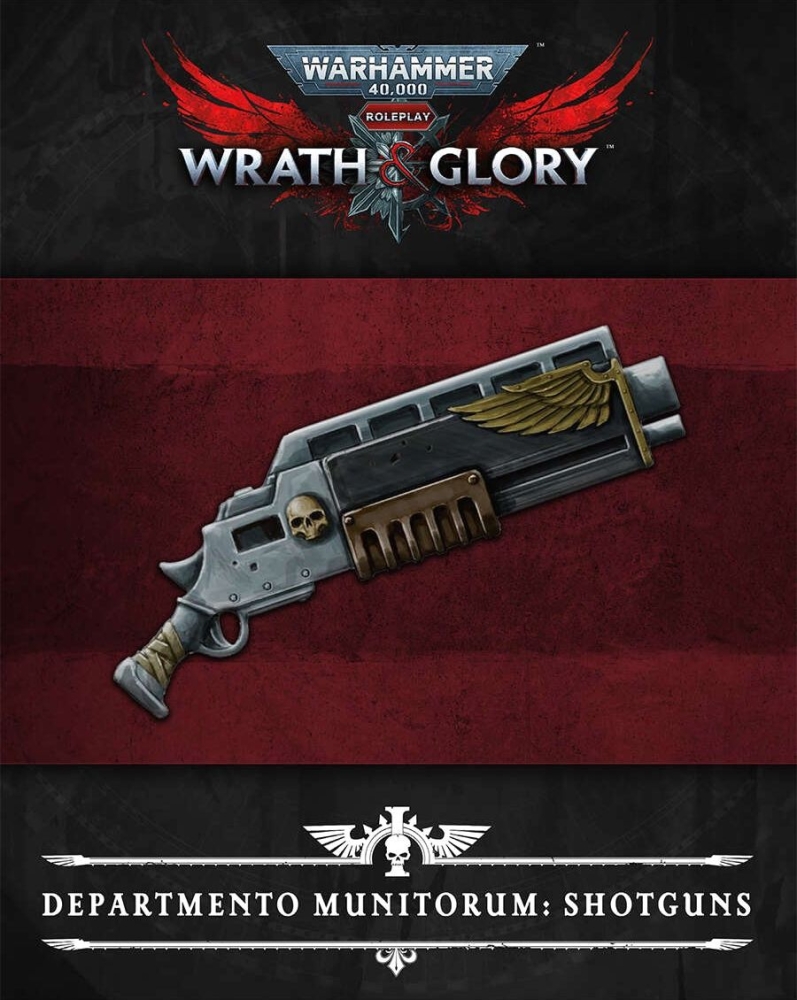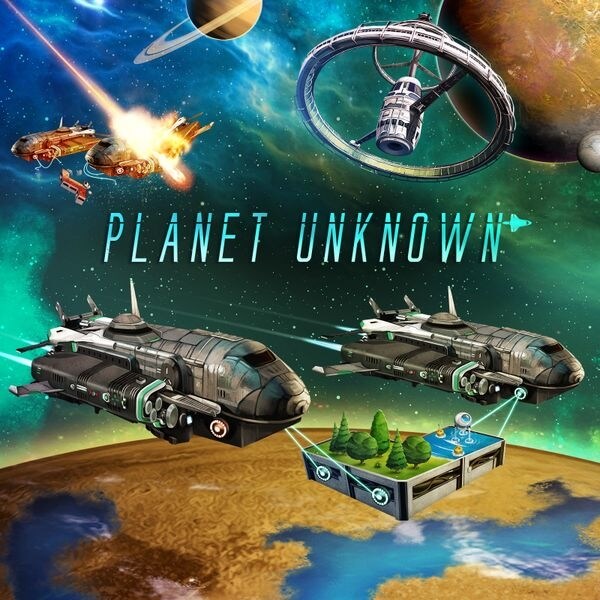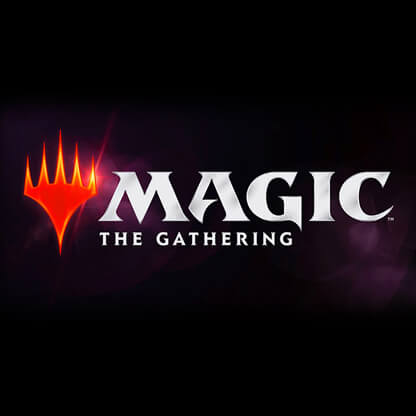
Magic: The Gathering
Magic: The Gathering is a collectible card game launched in 1993, created by mathematician Richard Garfield and published by Wizards of the Coast. Since its release, the game has won over a legion of fans around the world, establishing a new paradigm in the universe of strategy and fantasy games. In the game, players take on the role of Planeswalkers, powerful mages who face off in magical duels in search of victory and domination. Each player starts the game with 20 life points and a deck containing at least 60 cards, which can include creatures, spells and lands, essential for generating mana - the resource used to cast magic. The game dynamic is rich and based on tactics, where players alternate turns to draw cards, play lands and cast creatures or spells, always considering the opponent's strategy. The cards are classified into different types, each with unique abilities that can drastically alter the battle condition. You can also block attacks and use spells to protect yourself or damage your opponent. Magic: The Gathering has a variety of game formats, each with its own rules and play styles. The Standard format, for example, restricts players to recently released cards, while Modern allows for a wider range of collections. Legacy, on the other hand, includes cards from all previous editions, providing a deep immersion in the game's vast history. One of the most intriguing formats is Commander, played in groups of four. In it, each player chooses a legendary creature as commander and must compose a deck with 100 cards, ensuring that each card has a distinct name, except for the basic lands. This rule promotes unique and challenging deck building, resulting in long matches that often offer exciting twists and turns. Magic: The Gathering cards are known not only for their gameplay, but also for the quality of the illustrations, created by renowned artists, which attract not only players, but collectors all over the world. With over 17,000 cards available, the game offers endless possibilities for customization and strategy, making each duel a unique and engaging experience.Artists: Miao Aili; Randis Albion
Designers: Richard Garfield; Devin Low
Date: 1993
Note: 8.2
Mechanics: , Elimination of players, Hand Management, Take that
Topics: Fantasy
Table of Contents
- How to Play
- Tips for playing
- Game mechanics
- Game components
- Additional Information
OBJECTIVE OF THE GAME
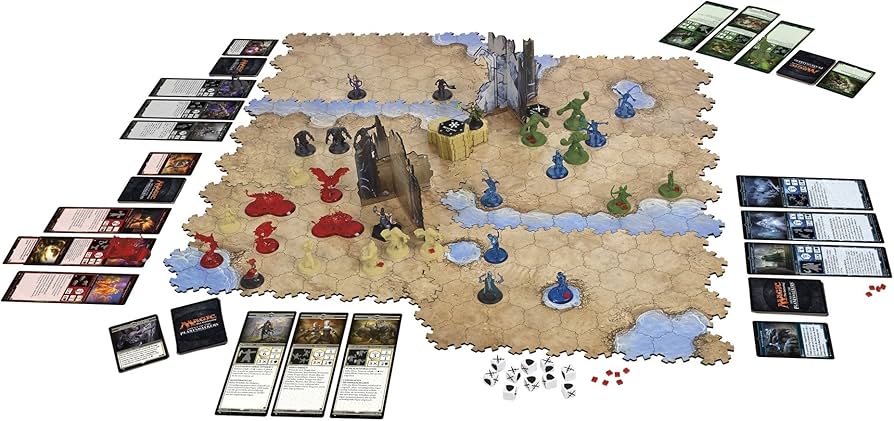
Tips for playing
Here are some tips for doing better in the game Magic: The Gathering:
- Study the mechanics of your decks. Understanding internal synergies increases your chances of victory.
- Prioritize land balance. Make sure your deck has the right amount of lands to support your magic cards.
- Adjust your sideboard according to metagame trends. Adapting to new threats is crucial to success.
- Protect your key cards with protection spells or nullifications. This can be decisive at critical moments in the game.
- Practice reading your opponent's hand. Trying to anticipate their moves can give you a valuable strategic advantage.
- Keep up with game updates. Keeping abreast of new expansions and mechanics is essential.
- Don't underestimate low-cost cards. They can offer value and usefulness depending on the tactical situation.
- Join online communities. Exchanging experiences and strategies can enrich your understanding of the game.
Video about the game
GAME mechanics
- Hand Management: This mechanic focuses on how efficiently a player uses and keeps the cards in their hand throughout the game. Players must strategically decide which cards to play, keep or discard. The ability to increase the number of cards in the hand (draw) or reduce the opponent's options (discard) directly influences game control strategies. Cards with "draw" abilities allow the player to have more resources available, while "discard" abilities force the opponent to lose valuable cards or reduce their tactical options.
- Take that (commonly known as "Burn"): Focuses on causing direct damage, usually through instant spells or spells that directly hit an opponent's life points or their permanents. This mechanic is crucial for aggressive decks, which aim to quickly reduce the opponent's life points. Classic examples include cards like "Lightning Bolt", which cause direct damage and are used to control the board or end games quickly.
- Deck creation: This refers to the strategic construction of the deck before starting the game. This involves consciously selecting lands, creatures, spells and other card types to create a cohesive and efficient deck. Each deck should contain at least 60 cards, balancing card types and mana costs to ensure playability. Synergy between cards is essential, and players can seek to maximize certain strategies, such as aggro, control or combo, guided by the colors of mana and abilities available.
- Elimination of players: Tactic focused on reducing opponents' life points to zero or forcing them to lose by other means, such as exhausting their cards in the deck (milling). This mechanic is critical in multiplayer matches and can be achieved by a variety of methods, including combat with creatures, or using combos that create situations of inevitable victory. Certain effects or abilities, such as poison counters, also offer alternative ways of eliminating players without relying exclusively on direct damage.
Game components
See all the items in the game below Magic: The Gathering:
- Basic deck with 60 cards
Additional Information
- Ludopedia link: https://ludopedia.com.br/jogo/magic-the-gathering
- Link Tabletopia:
- Amazon Brazil link: Comprar Magic: The Gathering
- Amazon USA link: Comprar Magic: The Gathering
